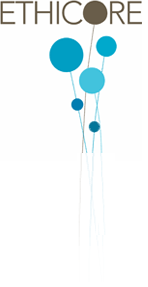Beliefs have a powerful influence on our capability as individuals and also as organisations. Beliefs can be empowering, enabling us to achieve our potential. But beliefs can also be limiting, based on generalisations from our own experience. For example, ‘That campaign won’t work, we tried it before’, or ‘Our organisation is too big to respond quickly’. Listen to yourself or others in your organisation and you will hear such limiting beliefs often.
As researchers, we are often asking ourselves ‘WHY’? Why do employees, consumers, policy makers, behave as they do? We want to understand what drives behaviours in order to make positive behaviour change. It is good to keep searching for truth. But when it comes to actually changing behaviours, ‘why’ is not the question to ask. We have been looking to Neuro Linguistic Programming (NLP) to help create the change we want to see.
NLP challenges the very beliefs that are limiting people in their life and work. Asking questions about the belief itself, NLP begins to shake the limiting belief. For example, ‘In what way is this campaign different from before?’, or ‘When has the organisation responded quickly?’, ‘Never, really?’ For an organisation or individual to move forward, they need to form beliefs that will empower them to achieve the change they need, supported with all the evidence they can muster. NLP is a great resource to support behaviour change. If you want to dig deeper, we strongly recommend David Molden and Pat Hutchinson, with their book Brilliant NLP.
So, whether it is in personal or organisational development, do keep asking yourself ‘why’, ‘what’s behind this’ and ‘what’s holding people back?’. But, when you are ready to create the change, look to the beliefs and how to empower people.

